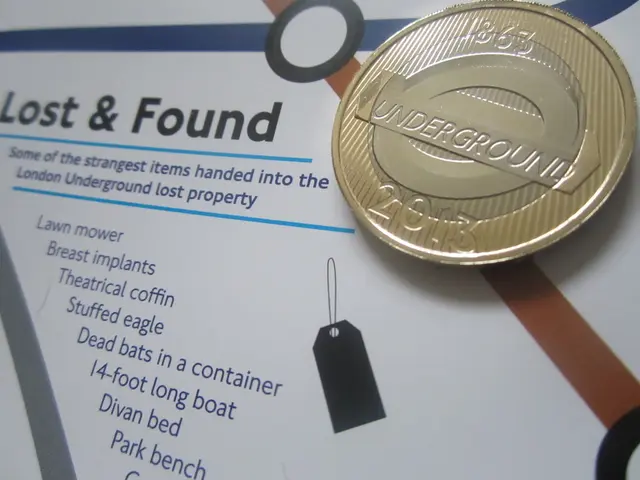Insurance professionals in Kuwait face new guidelines for ethical and integrity conduct.
In a significant move towards enhancing transparency, consumer protection, and fraud reduction, Mohammed Al-Otaibi, Chairman of the Supreme Committee for Insurance Regulation in Kuwait, has issued a decision that focuses on professional ethics, competence, and integrity within the licensed insurance practitioners.
The decision, set to be published in the Official Gazette, will come into effect on January 1, 2026. Compliance with these new regulations is mandatory for all insurance companies operating within the country.
The reforms aim to modernize Kuwait’s insurance sector by aligning it with international best practices, reducing fraudulent practices, and improving the overall trust and efficiency of the insurance market.
Key details of the new regulations include:
- Declaration and Pledge Clause: All mandatory insurance policies must contain a clause confirming that the insured fully understands the policy terms, conditions, exceptions, and coverage limits. This ensures informed consent and transparency between insurers and customers.
- Use of QR Codes: Insurance policies will now include QR codes that store relevant policy data, track cancellations, and clarify premium and refund calculations. This supports electronic system integrity, helps prevent forgery and fraud, and enhances information security.
- Unified Standards and Technical Controls: From the publication date, all insurance companies are required to comply with unified principles for issuing policies. The regulations' annex specifies technical guidelines for electronic policy system development, information security measures, and beneficiary awareness programs to strengthen competence and integrity in insurance operations.
- Comprehensive Effort to Enhance Sector Integrity: These reforms are described as a milestone for modernizing Kuwait’s insurance sector by aligning it with international best practices, enhancing professional ethics, and improving the overall trust and efficiency of the insurance market.
The regulations also implicitly promote professional ethical standards by mandating honest communication of policy terms and secure, reliable processes. The rules represent institutional measures to raise the competence and integrity of insurance practitioners through regulatory oversight and technological enforcement.
In addition, the decision requires conventional and Takaful insurance companies to publicly disclose their governance framework, controls, risk management practices, organizational structure, complaint procedures, insurance products, and financial data on their websites, available in both Arabic and English.
Moreover, a clean criminal record is a requirement for potential employees, and foreign employees must submit a certificate of no criminal convictions, verified by their home country and the Kuwaiti embassy. The rules emphasize recruiting qualified people with strong academic, professional, technical, and ethical credentials.
The decision establishes rules for compliance with professional ethics, competence, and integrity for all licensed insurance practitioners, marking a significant step towards improving the overall integrity and efficiency of Kuwait's insurance sector.
- The new regulations in Kuwait's insurance sector, under Chairman Mohammed Al-Otaibi's decision, extend to finance-related aspects, as conventional and Takaful insurance companies are now mandated to disclose their governance framework, risk management practices, and financial data publicly on their websites.
- In an effort to modernize and enhance transparency within the industry, the reforms initiated by Mohammed Al-Otaibi require that all insurance companies, whether in business domestically or internationally, adhere to unified standards and technical controls, reinforcing competence and integrity among licensed insurance practitioners.




